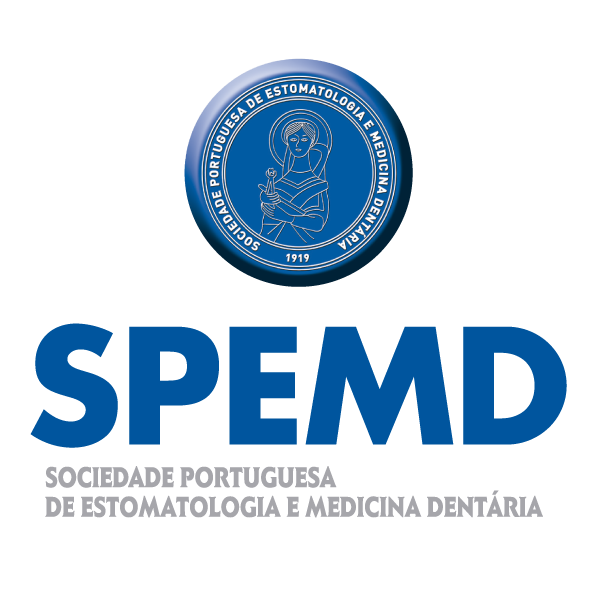
Revista Portuguesa de Estomatologia, Medicina Dentária e Cirurgia Maxilofacial
SPEMD - Revista Portuguesa de Estomatologia Medicina Dentária e Cirurgia Maxilofacial | 2023 | 64 (2) | Page(s) 55-62
Original research
Factors associated with oral health status in individuals with Asperger syndrome – A cross-sectional study
Fatores associados ao estado de saúde oral em indivíduos com síndrome de Asperger
a Faculdade de Medicina Dentária da Universidade de Lisboa, Lisbon, Portugal
Ana Catarina Jesus - acjesus@campus.ul.pt
Article Info
Rev Port Estomatol Med Dent Cir Maxilofac
Volume - 64
Issue - 2
Original research
Pages - 55-62
Go to Volume
Article History
Received on 31/10/2022
Accepted on 12/06/2023
Available Online on 12/06/2023
Keywords
Abstract
Objectives: This study aimed to evaluate oral health and factors that may influence it in individuals with Asperger’s syndrome. Methods: This observational cross-sectional study was divided into two stages: a question- naire and an oral examination, using the decayed-missing-filled index, the gingival index, and the simplified oral hygiene index. Data were analyzed using SPSS® software (version 26.0), considering a significance level of 0.05. After verifying the non-normality with the Kolmogorov-Smirnov test, the Mann-Whitney and Kruskal-Wallis tests were used. Results: The investigation included 23 adults with Asperger syndrome. A decayed-miss- ing-filled index of 2.65(±2.81), a gingival index of 1.06(±0.36) and a simplified oral hygiene index of 2.08(±0.73) were found. Most respondents (60.8%) brushed their teeth twice a day. Individuals with higher brushing frequency and those who recently had an oral appointment had lower calculus deposits (p=0.038 and p=0.021, respectively). Conclusions: The individuals had a low dental caries prevalence, mild gingival inflammation, and a fair oral hygiene status. Although there are factors capable of influencing the oral health of these individuals, good results can be obtained if adequate oral hygiene habits are maintained, namely brushing twice a day.
Resumo
Objectives: This study aimed to evaluate oral health and factors that may influence it in individuals with Asperger’s syndrome. Methods: This observational cross-sectional study was divided into two stages: a question- naire and an oral examination, using the decayed-missing-filled index, the gingival index, and the simplified oral hygiene index. Data were analyzed using SPSS® software (version 26.0), considering a significance level of 0.05. After verifying the non-normality with the Kolmogorov-Smirnov test, the Mann-Whitney and Kruskal-Wallis tests were used. Results: The investigation included 23 adults with Asperger syndrome. A decayed-miss- ing-filled index of 2.65(±2.81), a gingival index of 1.06(±0.36) and a simplified oral hygiene index of 2.08(±0.73) were found. Most respondents (60.8%) brushed their teeth twice a day. Individuals with higher brushing frequency and those who recently had an oral appointment had lower calculus deposits (p=0.038 and p=0.021, respectively). Conclusions: The individuals had a low dental caries prevalence, mild gingival inflammation, and a fair oral hygiene status. Although there are factors capable of influencing the oral health of these individuals, good results can be obtained if adequate oral hygiene habits are maintained, namely brushing twice a day.
